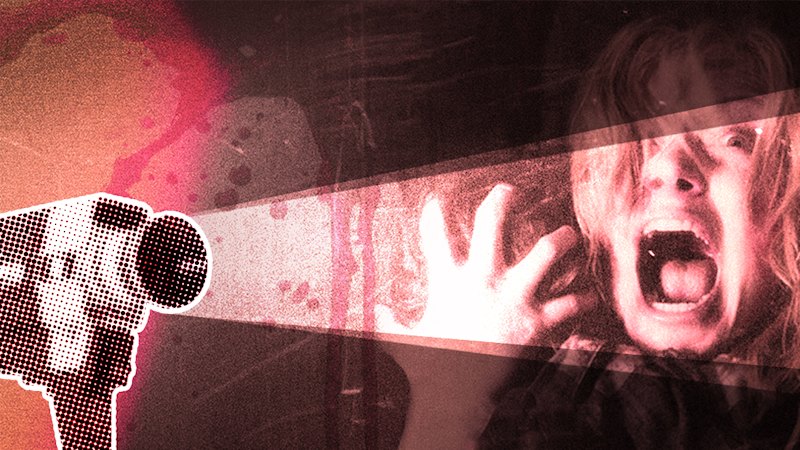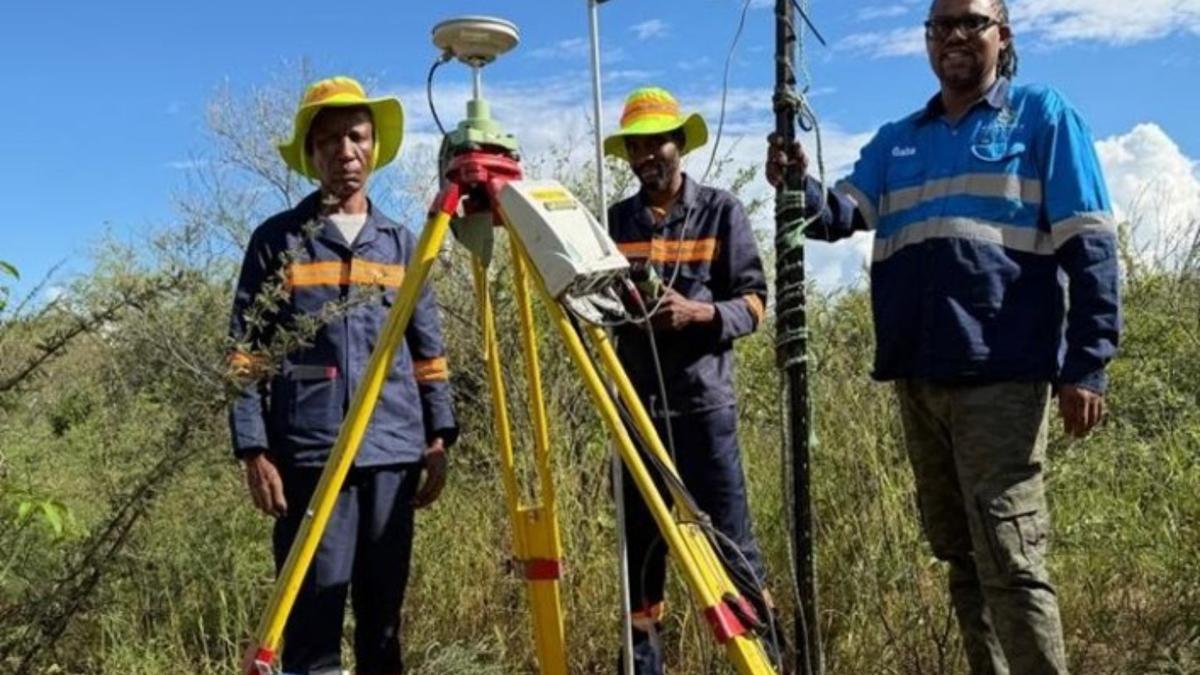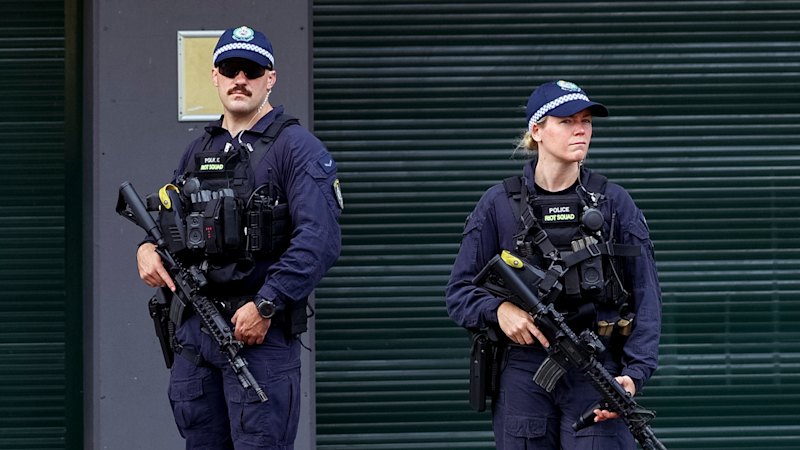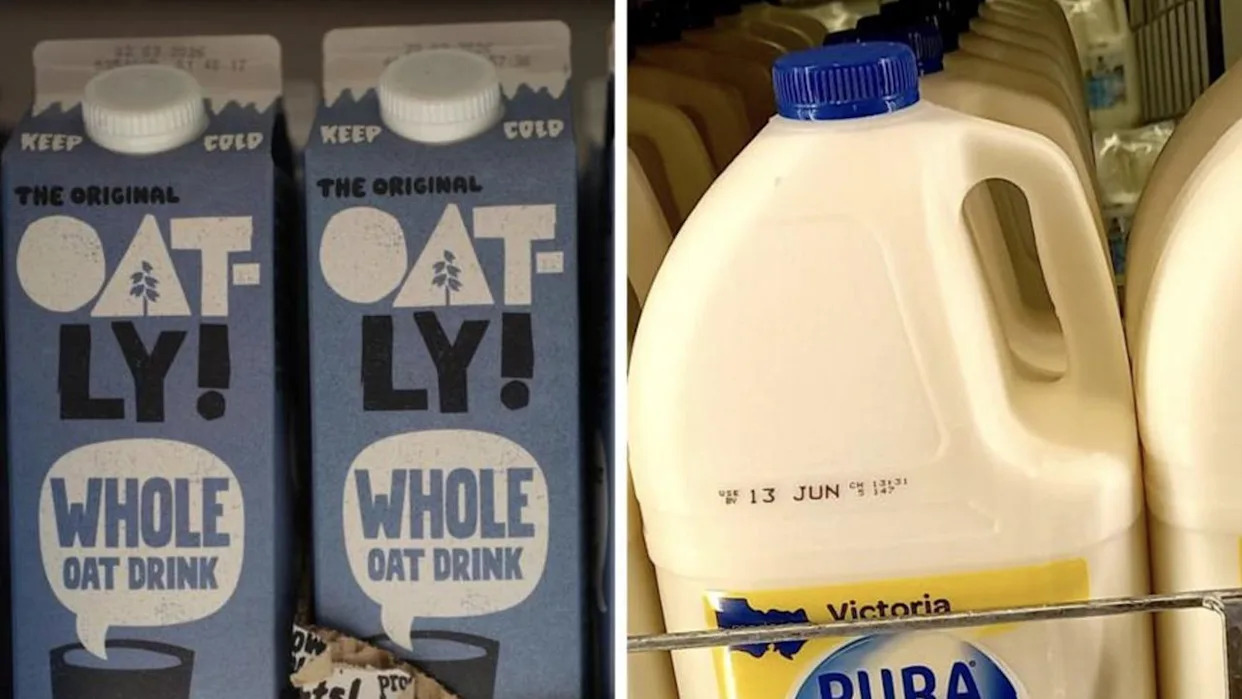
A new documentary titled 1000 Women in Horror is set to challenge perceptions about the horror genre by spotlighting the significant contributions of female filmmakers, writers, and actors. Premiering at the Melbourne International Film Festival on August 21 and 23, 2023, the film is based on the book by film critic Alexandra Heller-Nicholas, who has long questioned the underrepresentation of women in horror.
Heller-Nicholas was first introduced to horror cinema at just seven weeks old, when her aunt took her to see William Friedkin’s The Exorcist. This early exposure ignited a lifelong passion for the genre, but it also led her to a startling realization: despite the presence of female creators, their contributions often go unnoticed. “Many people might not even realize they’ve seen a woman-directed horror before,” Heller-Nicholas observed. “Women’s labor has historically been diminished and rendered invisible across the board.”
Revealing Hidden Voices in Horror
Directed by Canadian filmmaker Donna Davies, the documentary expands on Heller-Nicholas’ research and highlights the work of notable female figures in the industry, including producer Sara Risher of A Nightmare on Elm Street, screenwriter Akela Cooper from M3GAN, and actor Lin Shaye of the Insidious series. Davies, who began her own journey in horror at a young age, aims to showcase how the genre serves as a cultural mirror reflecting societal fears.
“Horror processes trauma, gives voice to the voiceless and provides catharsis,” Davies explained. “For women especially, horror has always been a space where we could explore rage, power, and transformation.” However, she noted a troubling trend: “Women’s horror often focuses on very real fears – domestic violence, sexual assault, and the horrors of motherhood – subjects that can make audiences uncomfortable.”
Davies structured the documentary to reflect the female experience across various life stages, including girlhood, adulthood, and motherhood. This approach allows for a nuanced exploration of how these experiences shape fears and strengths. For instance, the documentary features the film Ginger Snaps, written by Karen Walton, which tackles the often horrifying journey of puberty.
Advancing Women’s Representation in Horror
Despite the progress represented by films like The Babadook and Relic, directed by Jennifer Kent and Natalie Erika James, respectively, challenges persist. Mattie Do, a horror director from Laos, expressed the pressure she faces in a predominantly male industry. “I feel like I have to prove that I belong here as a filmmaker, that my works are worthwhile because of their merit,” she stated.
Heller-Nicholas believes that the landscape is slowly changing. Several film festivals now celebrate women in horror, such as the Etheria Film Festival in Los Angeles and the Wench Film Festival in Mumbai. She noted Australia as a particularly supportive environment for women filmmakers, citing the rise of young talents like Alice Maio Mackay, a 21-year-old transgender filmmaker who has already made six horror features.
“Alice makes low-budget punk queer horrors that are tightly bound to her experience,” Heller-Nicholas said. “There’s nobody in the world doing what she’s doing right now.” Despite these advancements, Davies emphasized the need for more women in decision-making roles across the industry, from directors to financiers. “We must actively seek out women’s voices, including women of color, LGBT women, and trans women,” she urged.
Davies also highlighted the importance of education, arguing that when film schools neglect to teach about women’s contributions to horror, they create future gatekeepers unaware of these influential figures. Heller-Nicholas adds that the conversation should not be framed as “boys versus girls.” Instead, she encourages collaboration, stating, “Men want to have these conversations as much as women do.”
The documentary 1000 Women in Horror aims to shed light on these often-overlooked contributions while celebrating the shared love for the genre that transcends gender identity. Alongside the documentary screenings, two rarely shown cult horror classics directed by women will be featured on August 22, further enriching the festival’s offerings.
For fans of horror and those interested in the evolution of the genre, this documentary promises to be a significant exploration of women’s impact in film history.






